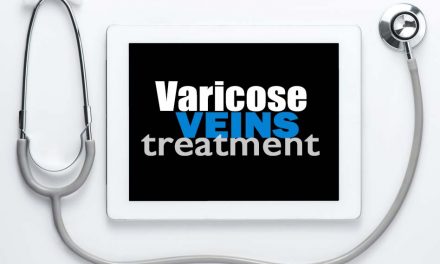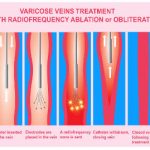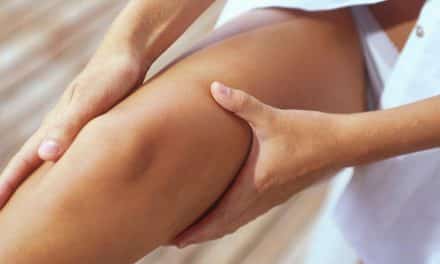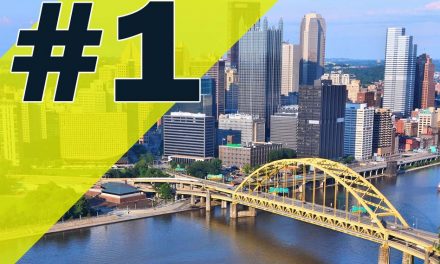
Varicose Vein Treatments – Stuff You Should Know
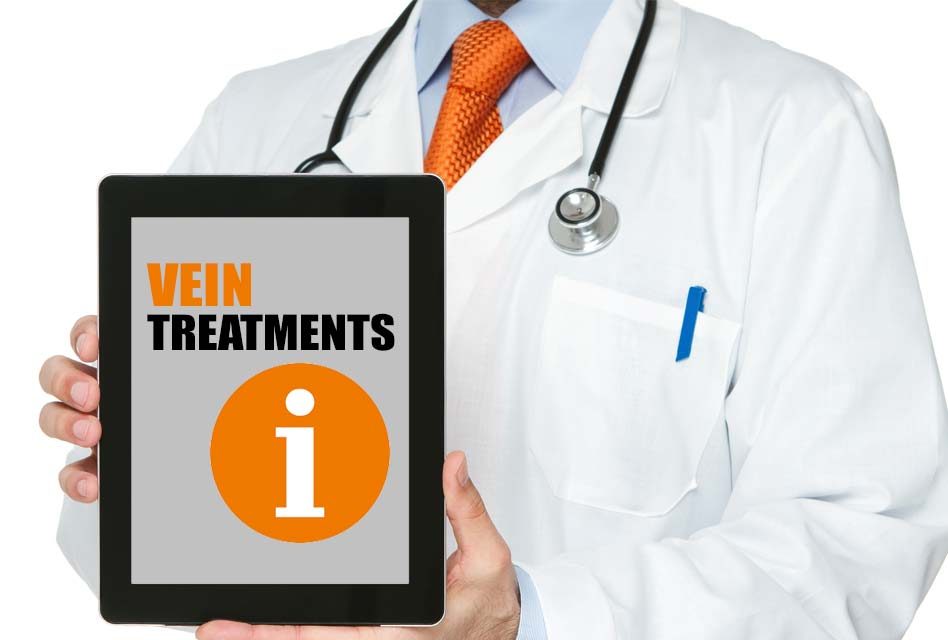
How Varicose Vein Treatments Literally Work – Behind the Curtain
It’s takes time to figure out how things really work.
There are shortcuts, of course.
This article is one of those short cuts.
In this article, we will explain some of the techniques and terms used by the world’s best varicose vein vascular surgeon specialists.
When I typed in best vein doctors guess what came up on Google’s first page-all vascular surgeons.
When Medicare asked doctors to testify about continuing the coverage of varicose veins, which specialists did they ask to testify?

Choose only a board certified to treat your varicose veins.
Vascular surgeons.
Hmmmmm.
The following information comes from a board certified trained at the Mayo Clinic with over thirty years of treating vein problems including varicose veins.
Where Else Can You Learn Varicose Vein Stuff?
You could learn some of this varicose vein information from your parents – but it’s rare they would know it all.
You could learn from a gifted mentor who decided to “show you the ropes.”
Rarely, you could actually figure out how veins fail through research how things work and how to treat them all by yourself.
You are hereby re-enrolled in the freshman class at the one school that does teach how things really work: The School of Hard Knocks.
The downside is – if you’re lucky, you may you graduate before you die.
Let’s start the lesson.
How Are Varicose Veins Actually Treated?
Hint – they are not fixed.
The word, fixed, is a euphemism.
Bad veins are killed like terrorists.
Remember when democratic politicians like John Kerry first started saying the word, kill, in regards to terrorists?
That was a shock.
That idea scares people at first.
Here’s what everyone worries about:
- “Don’t I need those big veins?”
- “Where will the blood go?”
- “Will taking away my big ropey veins mess up my circulation?’’
The answers are that normal deep veins and nearby veins take over.
Which methods we choose to destroy bad veins depends on the size, location and the underling veins that are connected to the troublesome varicose veins.
Here are some other things people wonder about:
Are genetically modified foods safe? Why do we have eyebrows? Does amnesia really exist outside of the movies? Is electro convulsive therapy used anymore? What are the nitty gritty details about circumcision?
Answers to these questions are similar to varicose vein questions.
Unless it concerns us personally, most of us don’t care.
Even if you don’t have varicose veins, let me teach you some cool things about your body that you probably didn’t know.
Veins treatments including injection sclerotherapy are complicated.
Imaging and Varicose Vein Disease
One problem with the human body is that we can’t see inside it.
When surgeons do it, it is generally painful.
Exploratory surgery was the most common way to look inside the body before modern technology like CT scans, MRI scans and ultrasound were invented.
However, today doctors can use all kinds of minimally invasive techniques.
Those same advances can be used during the vein treatment process.
Each of these techniques has disadvantages and advantages.
What’s the Deal with Sclerotherapy?
Irritants and corrosive agents act by a variety of mechanisms to destroy the linings of the vein walls.
These sclerosing agents vary slightly in their chemical formulas.
The ones used decades ago were toxic and were quite dangerous.
Nowadays, polidocanol and Sotradecol are the most commonly used medicines to close varicose veins.
Ethanol (alcohol) and phenol are still sometimes used to get rid of more complicated vascular lesions.
Interventional radiologists are familiar with the destructive power of ethanol and phenol.
Another irritant is polyiodinated iodine which is very strong and has significant side effects.
Chromated glycerin or a glycerin/lidocaine/epinephrine mixture is one of the mildest available sclerosing agents but is difficult to use because of its viscosity.
Because varicose veins are usually inherited, over time new ones could occur.
Doctors repeat the injections as needed.
Lather, rinse, repeat.
How Phlebectomy Works
Many people get phlebectomy confused with vein stripping.
When removal of varicose veins through mini-incisions or needle holes is done, they ask if that’s the same as stripping.
Here’s the definitive article differentiating ambulatory phlebectomy vs. stripping of varicose veins.
What the Heck is Saphenous Vein Ablation?
Before you get rid of the bulging veins seen on the surface of the skin, the underlying root veins must often be addressed first.
Often these are the saphenous veins.
Laser, radiofrequency, and lately glue has been used safely and effectively to close down the saphenous veins.
Who Should Treat Varicose Veins?
The purpose of this article is not to merely echo the ringing chambers of the internet about varicose vein disease and treatment.
Misinformation has been regurgitated and parroted over and over on the internet.
Hopefully, you have learned something new and original today about the most commonly used varicose vein treatment options available.
The real question remains.
How to navigate the realm of different treatment approaches available.
Who should treat varicose vein disease?
Is the problem best treated by vascular surgeons, cardiologists, radiologists, emergency room doctors, dermatologists or general surgeons?
Who is best trained to solve your problem?
Google seems to have a subtle opinion when you search for the best vein specialist.
Remember when I said that vascular surgeons in your area come up on the list of the best doctors to treat varicose veins?
Vascular surgeons are the only officially recognized specialists specifically trained in the diagnosis and treatment of disorders of the veins.
Other doctors may claim to be boarded in vein treatment, but there is no officially certified specialty board for vein treatment other than vascular surgery.
Calling a vascular surgeon a provider is like calling an astronaut a pilot.
That begs the question.
Options of different kinds of doctors offering to treat your varicose veins puts all responsibility on the you, the consumer, to choose who to see for treatment.
So, who are you when you are looking for help with your varicose veins?
Are you a:
- Patient?
- Client?
- Guest?
- Customer?
- Purchaser?
- Patron?
- Buyer?
- Shopper?
- Consumer?
I’m not sure anymore.
But as a vascular surgeon, I take umbrage when insurance companies lump us into the “provider” category.
Since vein treatments are available in med spas, lately patients at these more commercially oriented locations are called clients or guests or consumers of medical care.
The business end of things has morphed medical care where once there were only patients and doctors as opposed to the present-day nomenclature of “clients” and health care “providers”.
Yet we’re all vulnerable and impressionable to the inevitable changes.
All including the most confident and young among us tend to fall prey to the lure of the fountain of youth, the easy, the fast, and the “virtually” painless new wonder cutting edge technologies.
The Bottom Line
If you have varicose veins, seek out an experienced vascular surgeon to consult about your varicose veins.
Ask questions about your imaging duplex ultrasound scan.
Discuss your options including sclerotherapy, phlebectomy and ablation.
Beware of Groupon spider vein discounts in Pittsburgh.
Lately, I have seen people who responded to these Groupon spider vein deals get unnecessary saphenous vein ablations from unscrupulous vein centers in town.
Phlebology (vein disease and treatment) is a quack magnet.
https://pittsburghveindoc.com/2017/04/07/second-opinion-varicose-veins/


